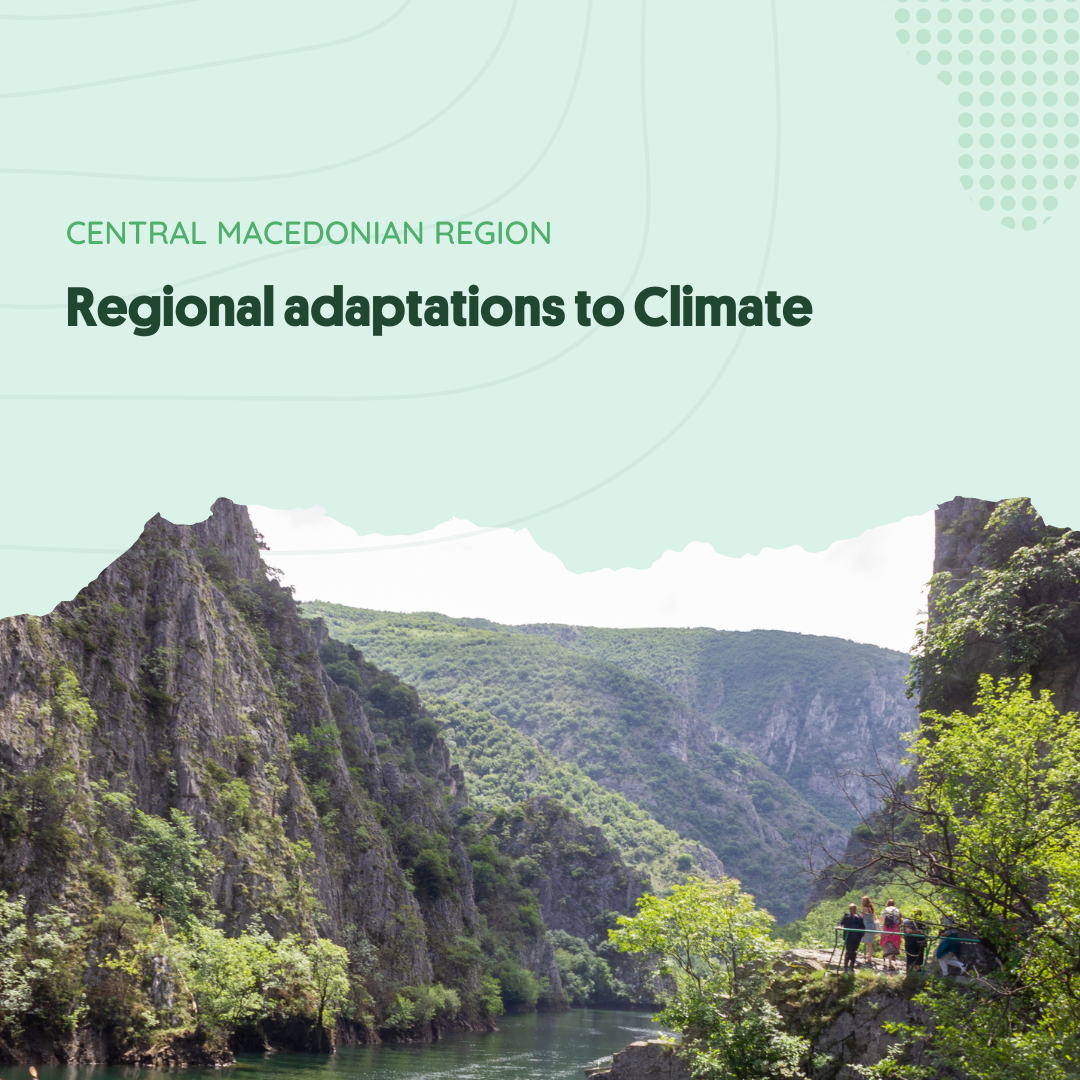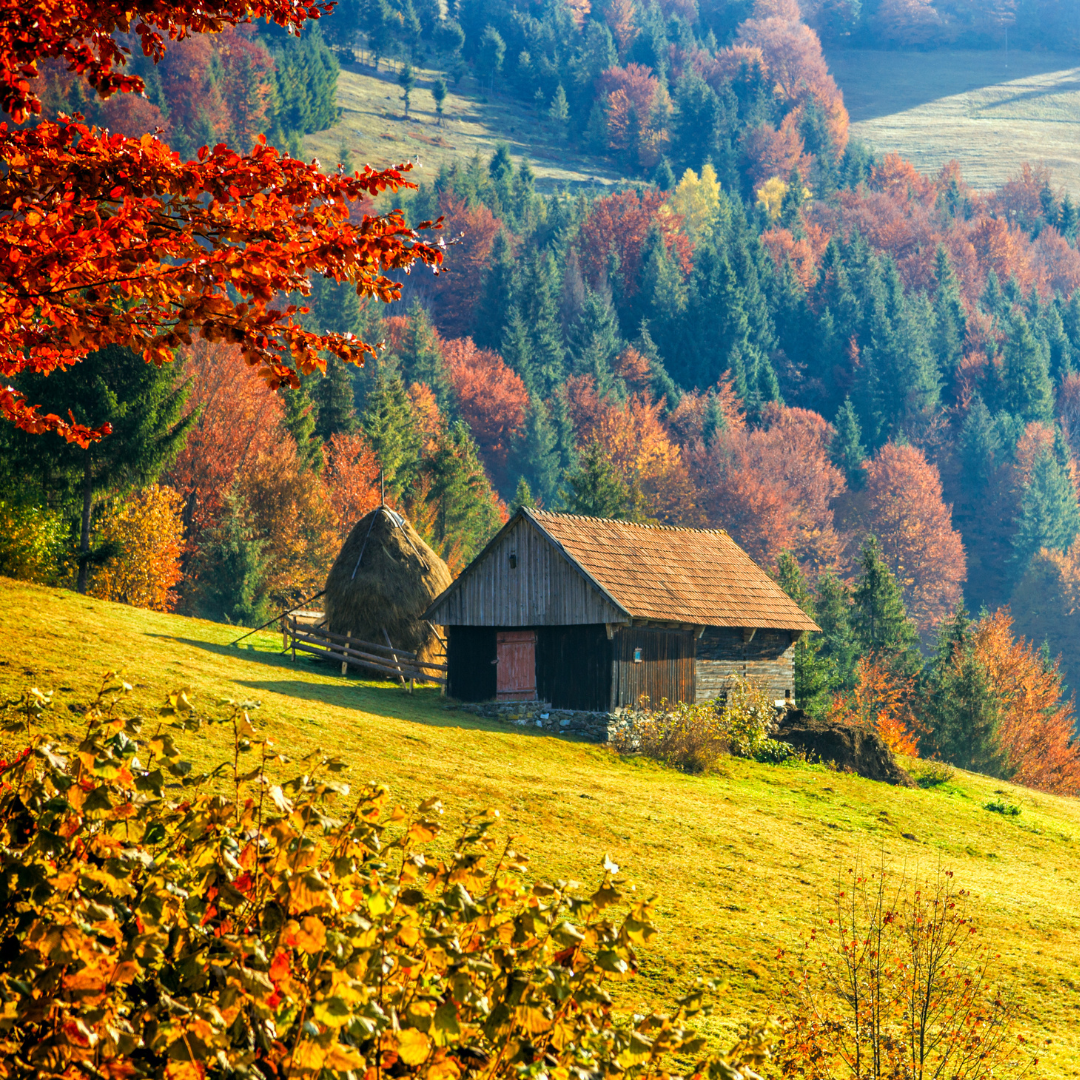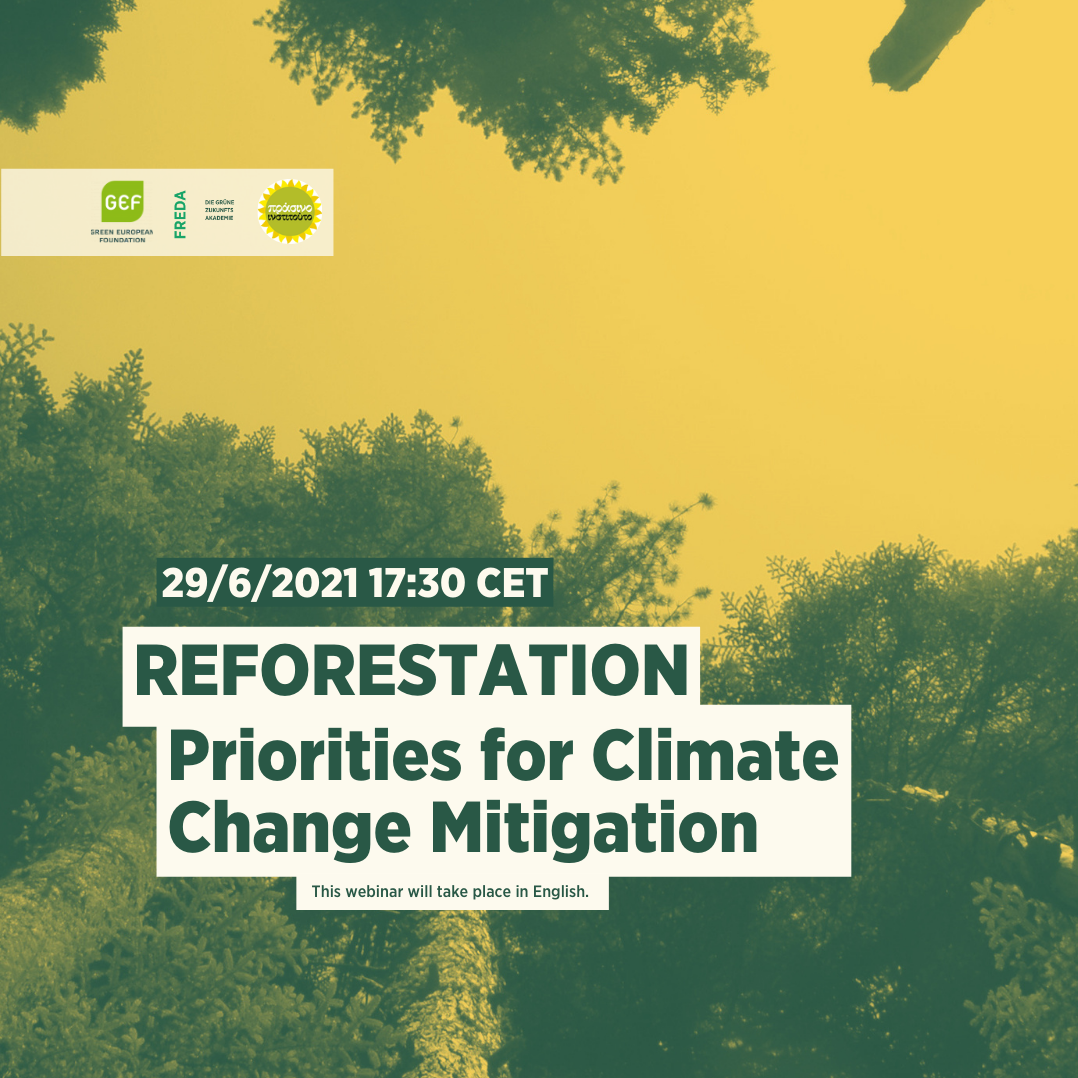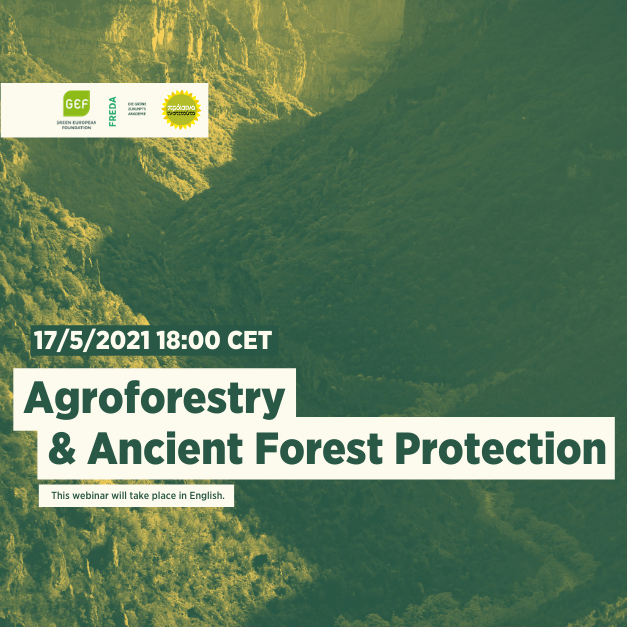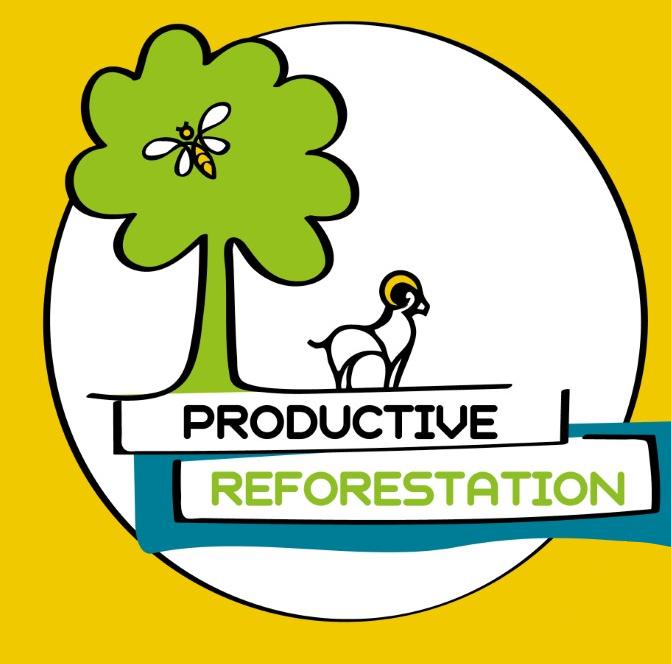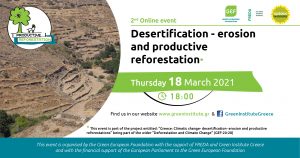About the Event:
Agroforestry and small scale traditional farming systems as well as multi- functional forest landscapes survived in many rural areas in Europe (as in mountains and islands) that escaped the large scale agricultural transformation that has been supported by the EU Common Agricultural Policy (CAP). In order to make the agricultural landscapes of Europe more resilient to climate change, funds like the NextGenerationEU must be appropriated for only sustainable projects.
This event will gather experts in the fields of nature conservation, agriculture science & policy and will provide best practice examples from Greece and Romania.
A summary report / booklet produced based on the outcomes gathered in the previous three events organised by GEF and the Greek Green Institute will be presented. The focus of these previous webinars was mainly on productive reforestation in Greece and will show best practice examples from all over Europe.
Context:
This event is part of the Green European Foundations project Deforestation and Climate Change with the support of FREDA and the Green Institute Greece and it follows the three events held in March on productive reforestation, climate change, desertification, erosion and the EU Recovery and Resilience Fund.
The aim of the event is to explore the following questions:
● How applied agroforestry systems in practice could be supported by the EU Common Agricultural Policy?
● How to ensure that farmers, landowners living in less favourable areas benefit from the Recovery Fund?
● How could the EU found/support the multifunctional forestry bases not only on timber production but also on non timber products such as old growth local varieties of fruits and wild fruiting trees and berries as well as mushrooms?
● How to maintain the old multifunctional mountain landscapes and ecosystems that are abandoned by traditional agricultural activities?
Speakers:
Dagmar Tutschek – Chairwoman (FREDA), Board Member (Green European Foundation) – Introduction
Dr. Rigas Tsiakiris – Forest Ecologist, Scientific Committee of the Green Institute Greece
- Introduction to the GEF and Greek Green Institute’s Booklet on productive reforestation, presenting best practices
Martin Häusling – MEP, European Parliament
- EU Common Agricultural Policy and traditional forms of agriculture
Matthias Schickhofer – Conservationist, book author, photographer
- Integration of (strict) nature protection and small scale agriculture in the Carpathians
Michael Vrahnakis, Professor (Dept. Forestry & Wood Sciences & Design), University of Thessaly, Karditsa, Greece
- The need to revitalize traditional silvoarable landscapes in the Mediterranean
Anastasia Pantera – Professor, Department of Forestry and Natural Environment Management, Agricultural University of Athens
- Silvopastoral systems in time
Moderated by: Anna Deparnay-Grunenberg, Member of the Greens/EFA Group, European Parliament
Programme:
17:30 Technical check
18:00 Introduction Anna Deparnay-Grunenberg (Member of the Greens/EFA Group, European Parliament) & Dagmar Tutschek (FREDA)
18:10 Rigas Tsiakiris, Forest Ecologist, Scientific Committee of the Green Institute Greece
Presenting findings of the first three events as part of the GEF Deforestation & Climate change projects on productive reforestation and best practices.
18:20 Martin Häusling, MEP, European Parliament
Shortly before the decision on the common agricultural policy – where are we going? Sustainable farming methods. We need to shed light on traditional forms of agriculture in Europe. Currently almost 90% of the farmers have less than 10 hectares. Austria as an example of what can be rebuilt with well-spent regional funds. What actually is sustainable forestry practice by definition?
18:35 Matthias Schickhofer, Conservationist, book author, photographer – Integration of (strict) nature protection and small scale agriculture in the Carpathians
Biodiversity-rich ecosystems are rare in the EU and continue to vanish. The biodiversity richness of landscapes correlates with the absence or the low degree of industrialization. This applies to agriculturally used areas as well as to forests. In the Carpathians (in particular in Romania), biodiversity-rich natural forests and a mosaic of ancient small-scale agriculture land have survived. Tragically, increased logging intensity is progressively threatening some of EU’s most valueable biodiversity hotspots (which led to a conflict between Romania and the EU). However, strict protection of natural ecosystems and low impact economic use (small scale farming, nature tourism etc.) do not have to be contradictions.
18:45 Michael Vrahnakis, Professor (Dept. Forestry & Wood Sciences & Design), University of Thessaly, Karditsa, Greece – The need to revitalize traditional silvoarable landscapes in the Mediterranean
Traditional silvoarable systems occupy a significant part of the Mediterranean landscapes, although they are either mis-operated or abandoned. It is important to revitalize these systems and to provide again to the society with a variety of ecosystem services. Land abandonment and restoration of traditional (and modern) small-scale agroforestry must be included in environmental policy agenda.
18:55 Anastasia Pantera, Professor, Department of Forestry and Natural Environment Management, Agricultural University of Athens – Silvopastoral systems in time (examples), work of science community
Silvopastoral systems are traditional agroforestry systems where livestock production is integrated with trees and shrubs. Since their introduction to the Mediterranean region, livestock became part of the environment and co-evolved together over the centuries. Nowadays silvopastoral systems are threatened by the two extremes: overgrazing and abandonment. Sound management is urgently needed to support and preserve them as part of our natural environment heritage.
19:05 Questions by Anna Deparnay-Grunenberg, Member of the Greens/EFA Group, European Parliament
19:30 Questions by the audience / speakers (Open questions with voting)
20:00 End of the webinar
Practicalities:
Where: Online platform – ZOOM
Date: 17th May
Time: 18:00 to 20:00 CET
Audience: This webinar is open to the general public
Registrations: Click Here
Language: This webinar will be in English language with simultaneous translation to German.
This event is organised by the Green European Foundation with the support of FREDA – Die Grüne Zukunftsakademie & Greek Green Institute and with the financial support of the European Parliament to the Green European Foundation.The European Parliament is not responsible for the content of this event.
